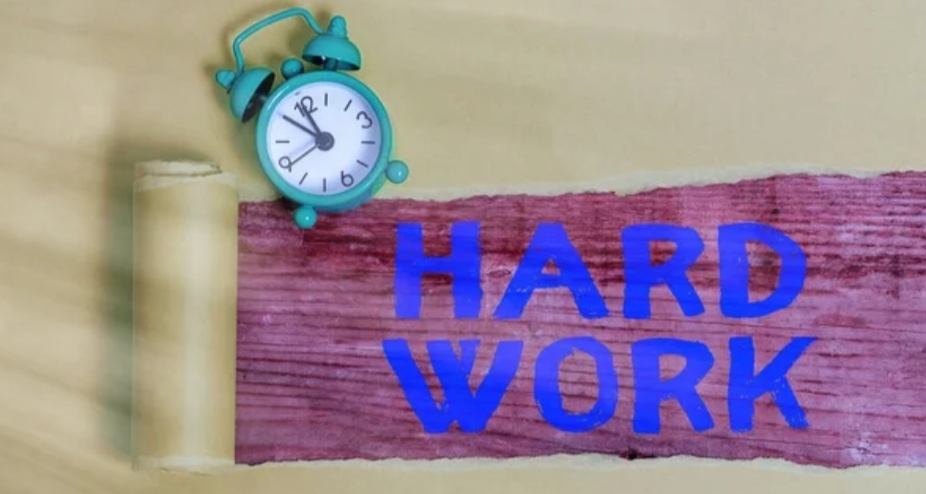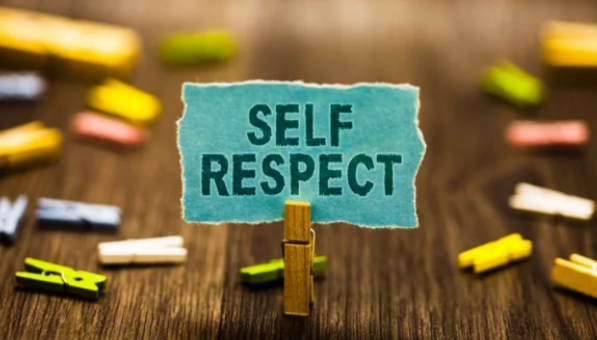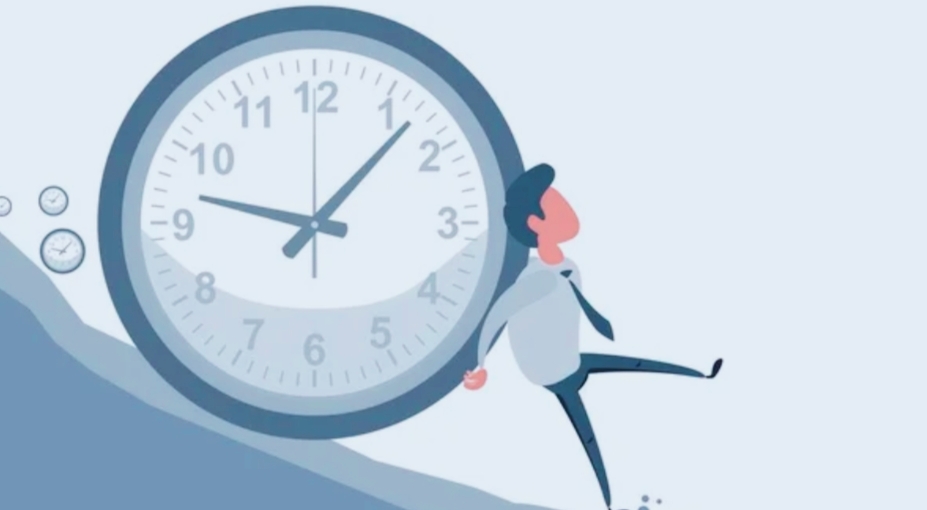
In today’s fast-paced world, it can be easy to fall into the trap of being too available all the time. With smartphones constantly buzzing with notifications and emails flooding our inboxes, it can feel like we are always on call, ready to respond to any message or request that comes our way. While being responsive and reliable is important, it’s equally important to set boundaries and prioritize our own wellbeing.
One of the dangers of being too available all the time is that it can lead to burnout. Constantly being on the go and never giving yourself a break can take a toll on your mental and physical health. It’s important to carve out some time for yourself, whether it’s spending time with loved ones, pursuing a hobby, or simply relaxing and recharging your batteries. Remember, you can’t pour from an empty cup, so taking care of yourself should always be a top priority.
Being too available all the time can also lead to a lack of boundaries in your personal and professional life. If you are always saying yes to every request that comes your way, you may find yourself overwhelmed and overcommitted. It’s important to learn to say no and set boundaries in order to protect your time and energy. It’s okay to prioritize yourself and your wellbeing over the needs of others.
Additionally, being too available all the time can create a sense of dependency from others. If you are always readily available to respond to every message or request, others may come to rely on you to always be there for them. While it’s important to be supportive and helpful, it’s also important to encourage others to become more self-reliant and independent. By setting boundaries and allowing yourself some time and space, you’re empowering others to take responsibility for their own needs.
Therefore, being too available all the time can have negative consequences on your mental and physical health. It can also have negative consequences on your personal and professional boundaries, and the dependency of others. It’s important to strike a balance between being responsive and reliable, while also prioritizing your own wellbeing and setting boundaries. Remember, it’s okay to take a step back and prioritize yourself – you deserve it.










